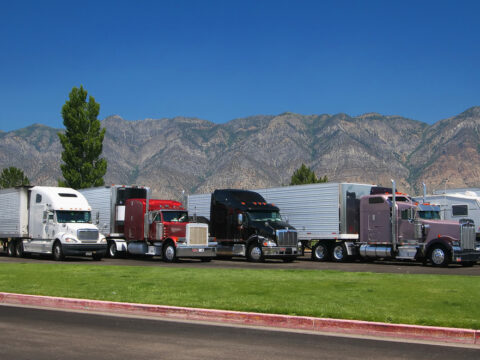Diesel cars have long been misunderstood, with many outdated myths still shaping how people view them today. From concerns about pollution to misconceptions about performance, these beliefs often don’t reflect the reality of modern diesel engines. It’s time to clear the air and set the record straight on some of the most common misconceptions surrounding diesel cars.
Contents
Diesel Cars Are Worse for the Environment
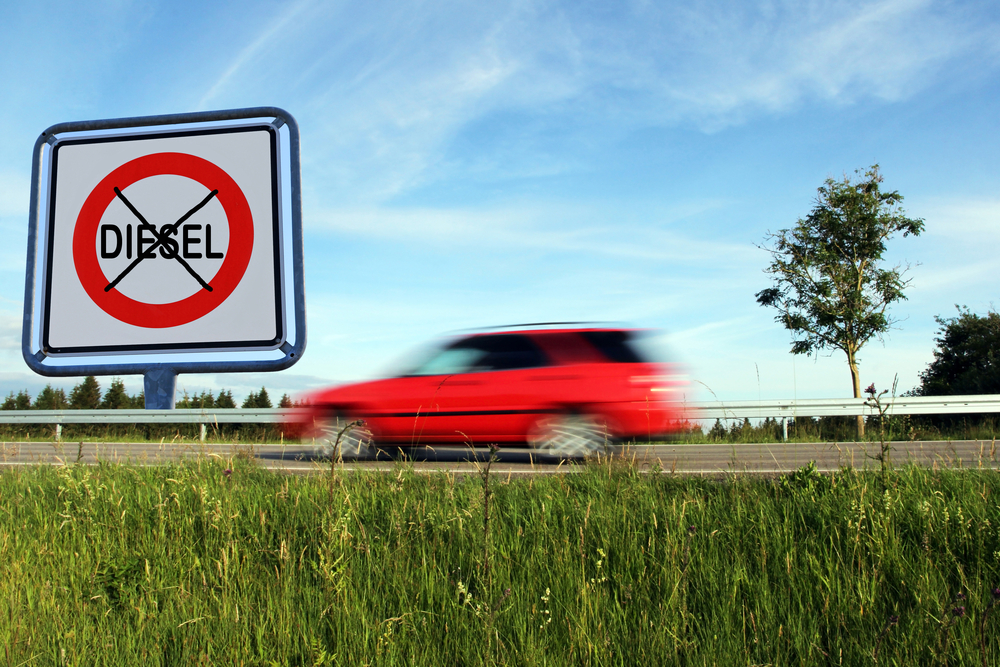
This is no longer true thanks to modern diesel engines, which use advanced emission-control technologies like diesel particulate filters (DPF) and selective catalytic reduction (SCR). These innovations have significantly reduced harmful emissions, making modern diesel cars cleaner and often more fuel-efficient than gasoline vehicles, especially for long-distance driving.
Diesel Engines Are Always Noisy
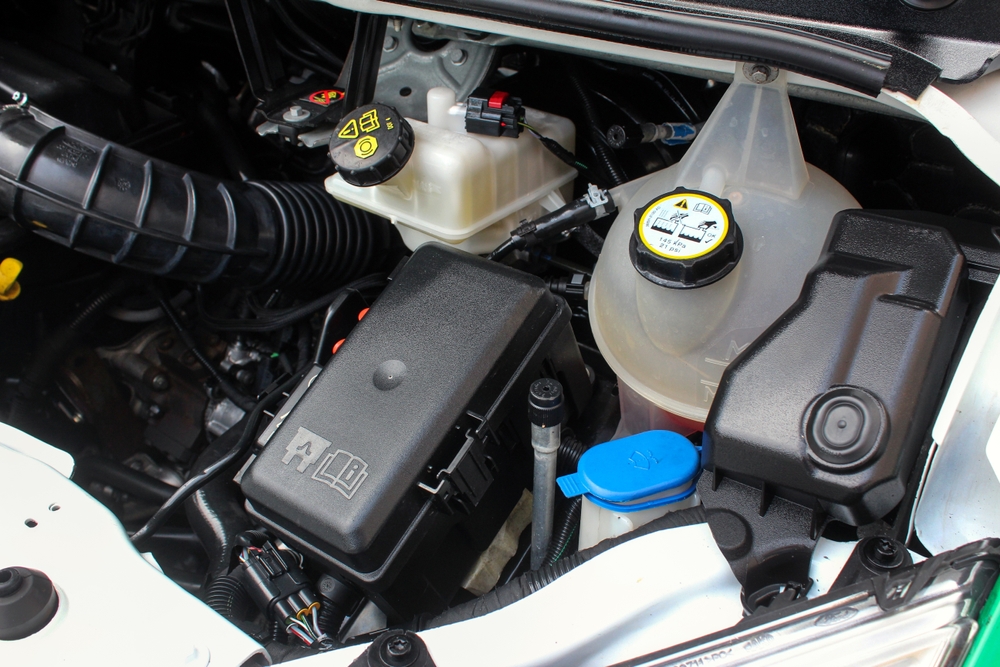
Older diesel engines were notorious for their noise, but modern diesel cars come equipped with advanced noise-dampening technology. Manufacturers now design quieter engines with improved fuel injection systems, making today’s diesel cars as quiet, if not quieter, than their gasoline counterparts.
Diesel Cars Are Slower Than Gasoline Cars
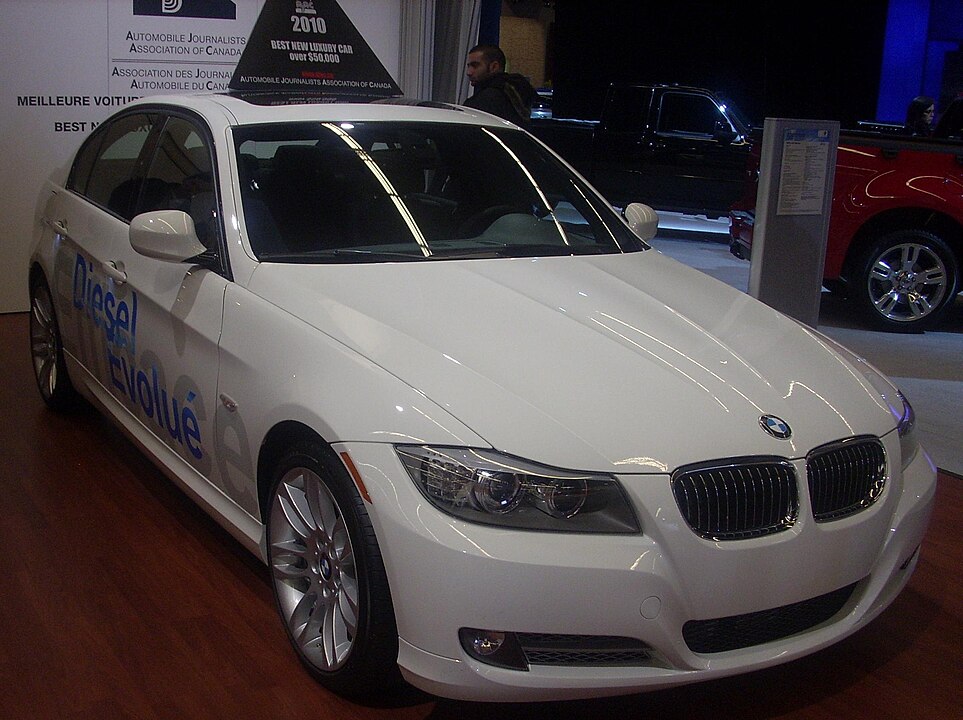
Modern diesel engines deliver higher torque at lower RPMs, making them excellent for acceleration and towing. Vehicles like the BMW 3 Series Diesel and the Audi A6 TDI demonstrate that diesel cars can be just as quick as gasoline cars, offering powerful performance with efficient fuel consumption.
Diesel Engines Break Down More Frequently
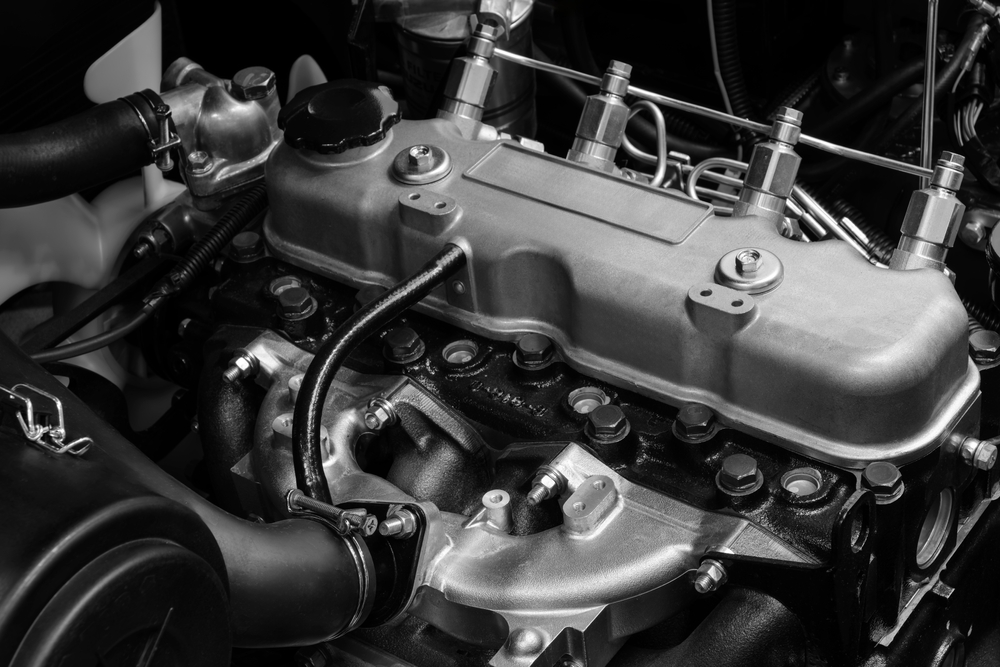
Diesel engines are designed for durability, often outlasting gasoline engines in terms of lifespan. With fewer moving parts and high torque output at low engine speeds, diesel engines are built to handle heavy workloads with less wear and tear, making them extremely reliable when properly maintained.
Diesel Cars Are Only for Trucks and Commercial Vehicles

Diesel engines are no longer limited to commercial trucks and vans. Many luxury brands like Mercedes-Benz, Audi, and Jaguar now offer diesel options for sedans and SUVs. These diesel cars offer both fuel efficiency and a smooth, comfortable driving experience.
Diesel Fuel Is Always More Expensive Than Gasoline

While diesel fuel prices can sometimes be higher than gasoline, diesel engines generally offer better fuel efficiency, especially on long highway drives. This means that diesel cars can often save drivers money over time, as they require fewer refueling stops.
Diesel Engines Are Obsolete Technology
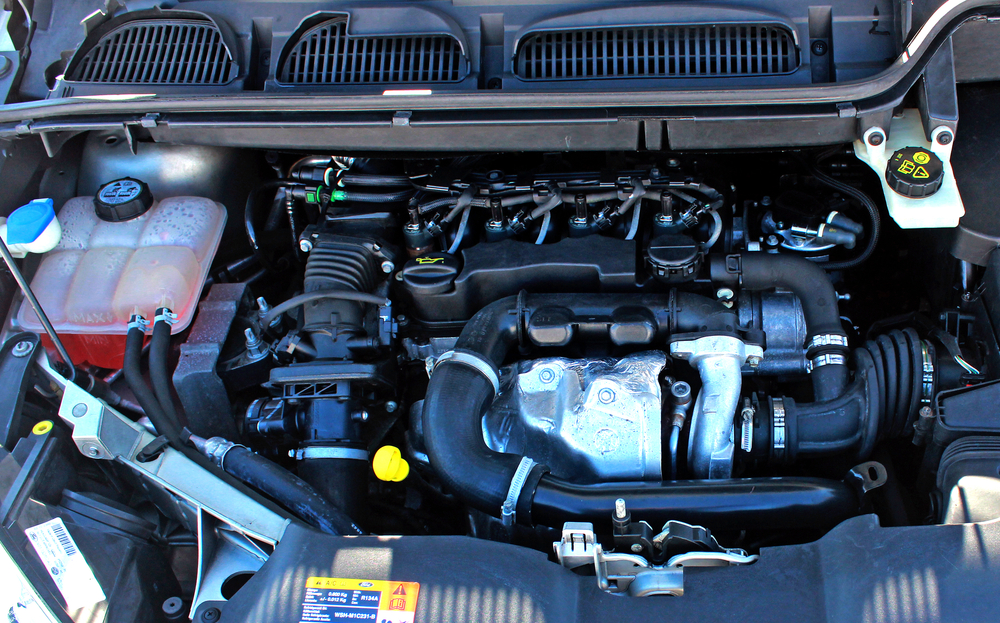
Far from being outdated, diesel technology continues to evolve. Today’s diesel engines feature turbocharging, common-rail direct injection, and emission-reducing technologies like SCR. These advancements make diesel engines more efficient and cleaner than ever before.
Diesel Cars Are More Expensive to Maintain
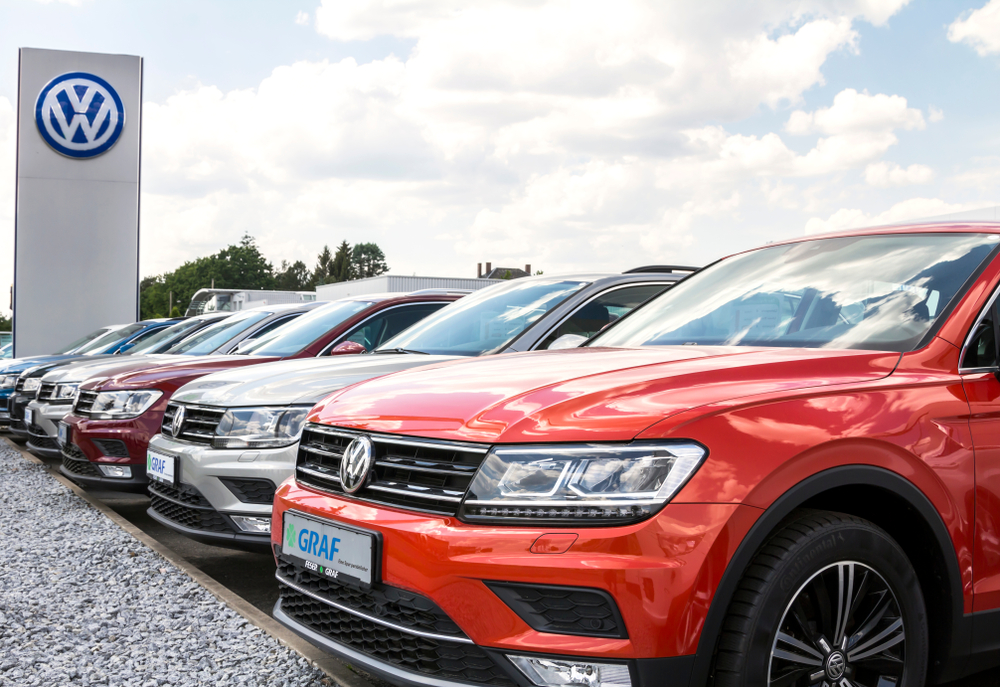
While some diesel parts, such as fuel filters and DPF systems, may require occasional maintenance, diesel engines generally have a longer lifespan and need fewer repairs over time. Their design allows for longer service intervals, which can make them more cost-effective in the long run.
Diesel Cars Produce More Black Smoke
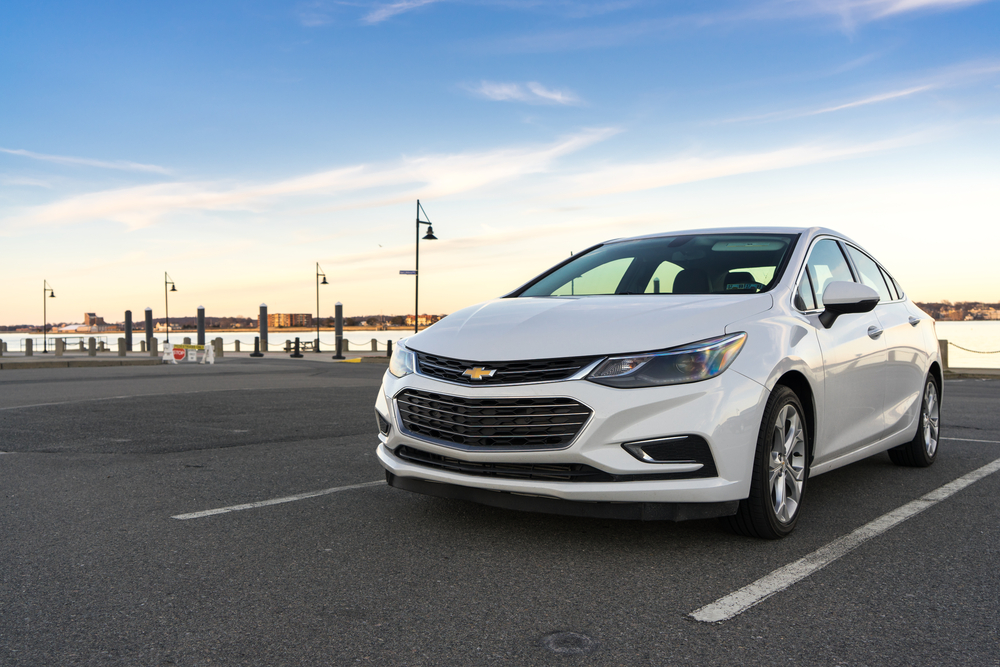
Modern diesel engines are equipped with emission-reducing technologies, such as particulate filters, which significantly reduce visible exhaust emissions. The thick black smoke once associated with diesel engines is now a thing of the past in most modern vehicles.
All Diesel Cars Smell Bad
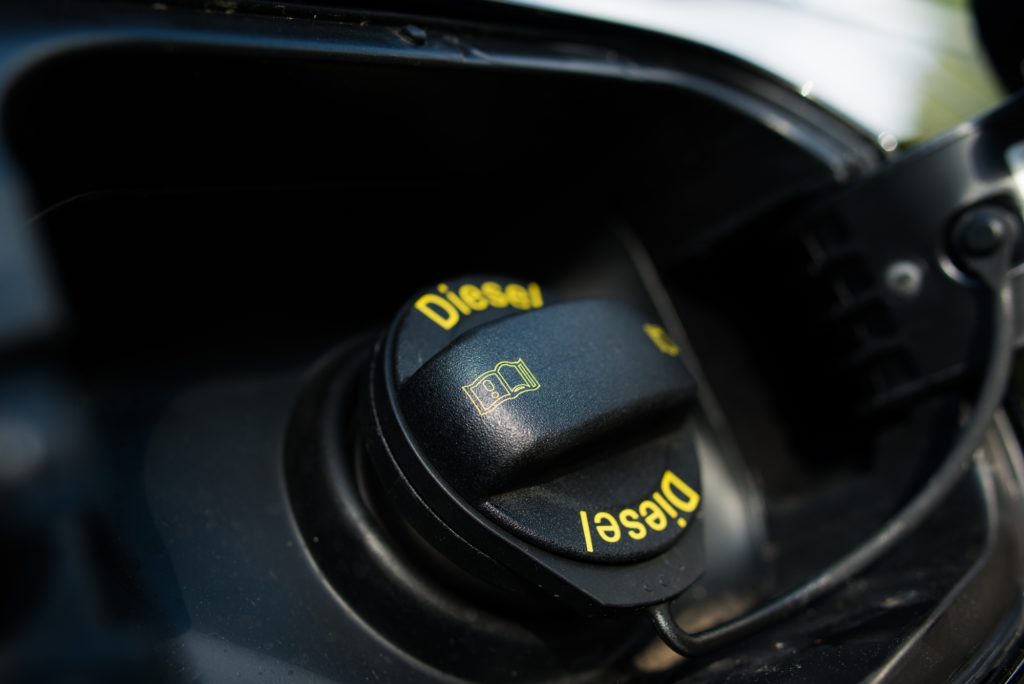
Improvements in diesel fuel formulations and emission systems have eliminated the strong, unpleasant odor once common in older diesel vehicles. Today’s diesel cars produce far less smell, making them comparable to gasoline cars in terms of exhaust fumes.
Diesel Engines Are Inefficient in Cold Weather

Advancements in fuel technology and engine design have improved diesel performance in cold conditions. Modern diesel cars are equipped with glow plugs and electronic control systems that help start the engine efficiently, even in low temperatures.
Diesel Cars Don’t Have As Many Features as Gasoline Cars
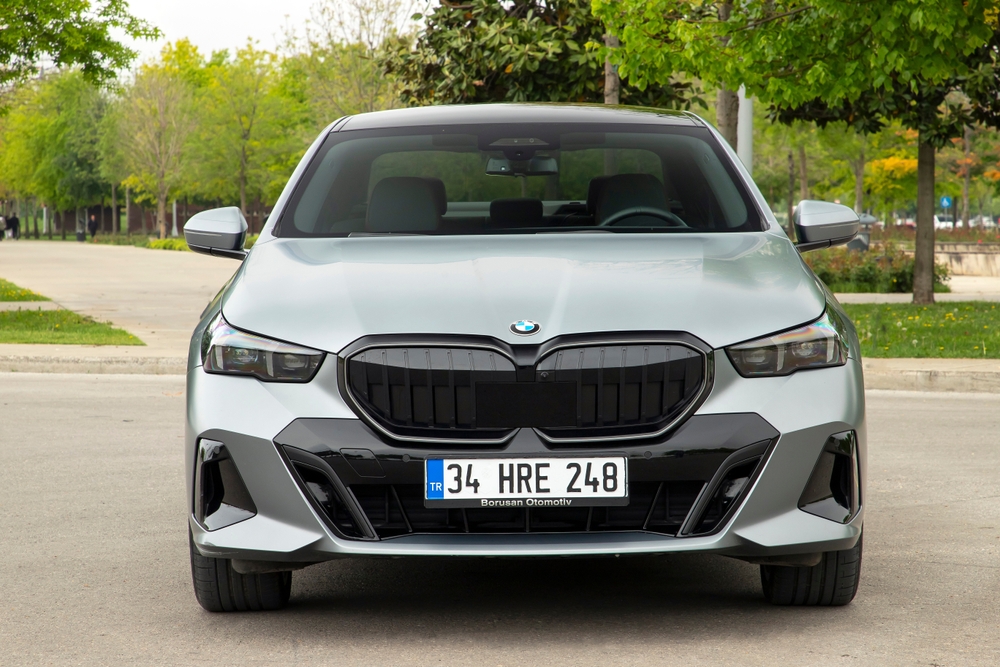
This misconception is outdated, as many diesel vehicles today come with the same high-end features found in gasoline cars, including infotainment systems, safety technology, and luxury interiors. Brands like Jaguar, BMW, and Audi offer diesel options packed with premium features.
Diesel Engines Can’t Handle High Performance

Diesel engines are known for their high torque, which allows for impressive acceleration and towing capabilities. Performance-oriented diesel cars, such as the Porsche Panamera Diesel, show that diesel engines can indeed handle high-performance driving.
Diesel Fuel Is Harder to Find Than Gasoline
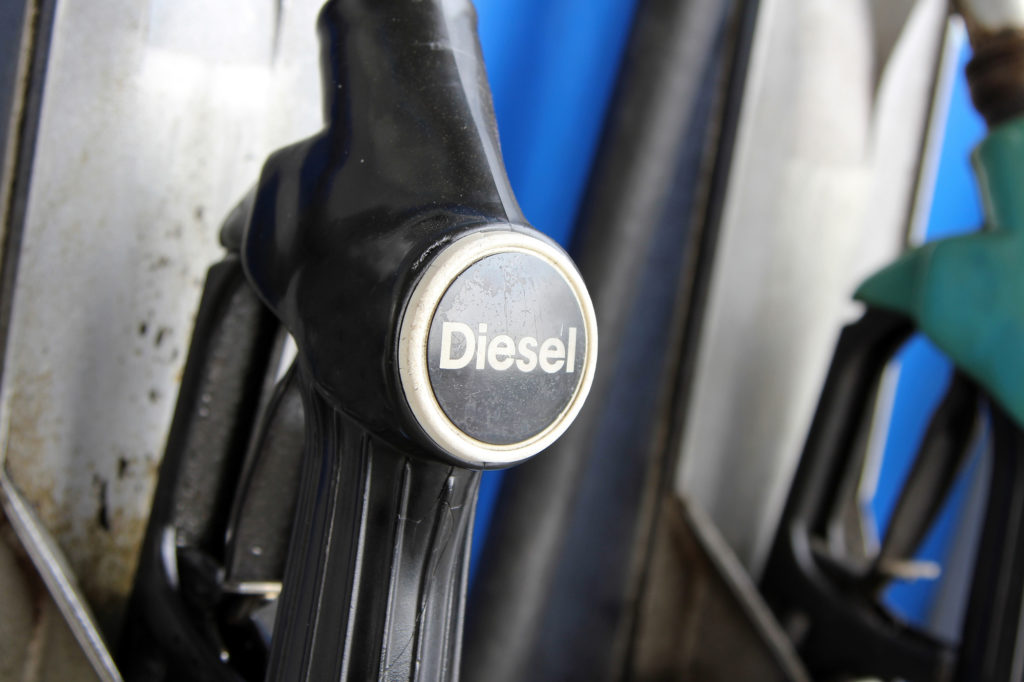
Diesel fuel is widely available at most gas stations, especially in regions where diesel vehicles are popular. The increased popularity of diesel cars has made diesel fuel as accessible as gasoline in many places, particularly in Europe.
Diesel Cars Are Always Heavier Than Gasoline Cars

While diesel engines can be heavier due to their stronger construction, this weight difference is often negligible in modern cars. Advanced materials and engineering have helped reduce the weight of diesel cars, making them comparable to gasoline-powered vehicles.
This article originally appeared in MyCarMakesNoise.
More from MyCarMakesNoise
20 High-Torque Motorcycles That Pack Serious Power

When it comes to motorcycles, nothing quite matches the thrill of raw, unbridled power. For those who crave a ride that delivers spine-tingling acceleration and breathtaking performance, torque is king. Read More
15 Pioneering Astronauts Who Paved the Way for Space Travel

Space travel has come a long way, thanks to the brave men and women who dared to venture beyond our planet. These pioneering astronauts took the first steps into the unknown, facing incredible challenges and making history along the way. Read More
8 Rare Classic Buses That Are Worth a Fortune

When it comes to classic vehicles, buses often fly under the radar, yet some of these rare models are worth a small fortune today. From vintage double-deckers to sleek mid-century coaches, these buses not only hold historical significance but also carry substantial value. Read More



